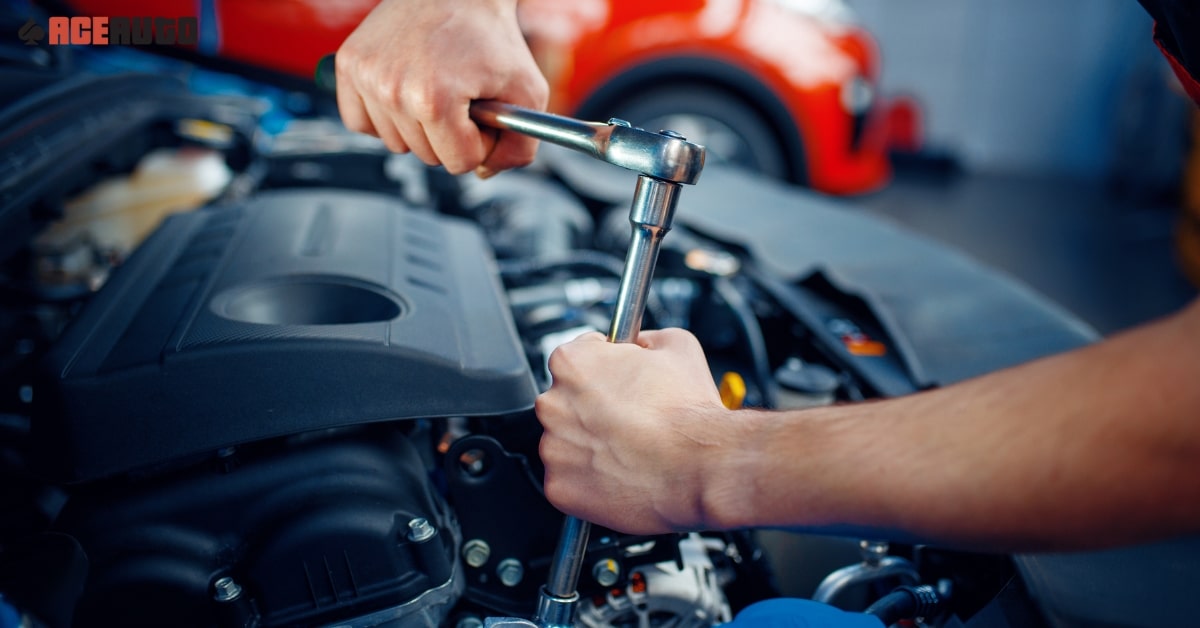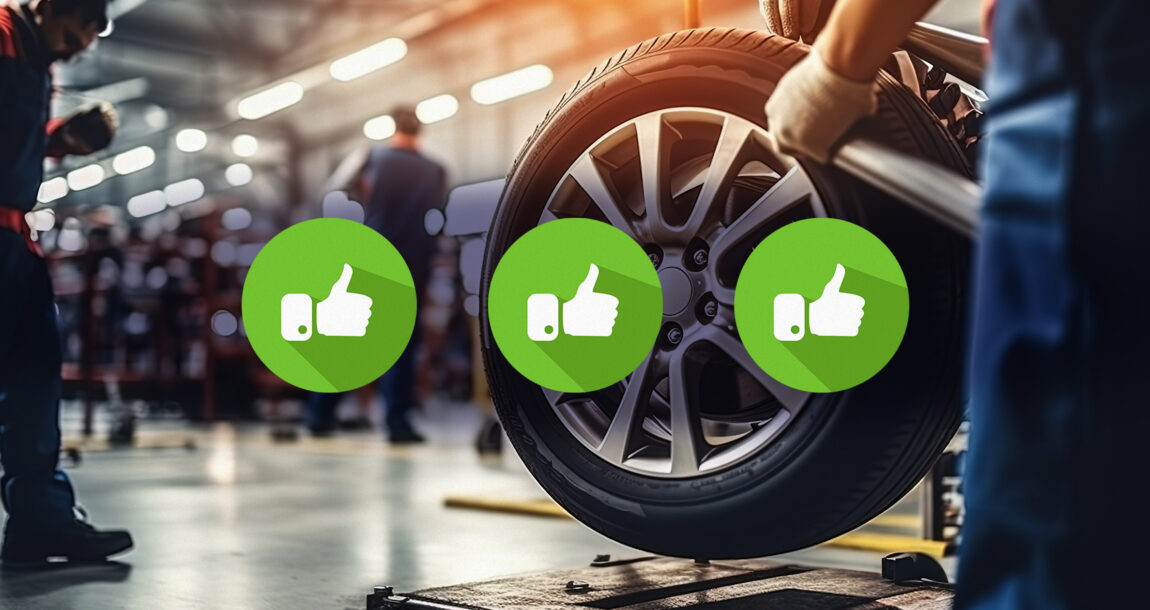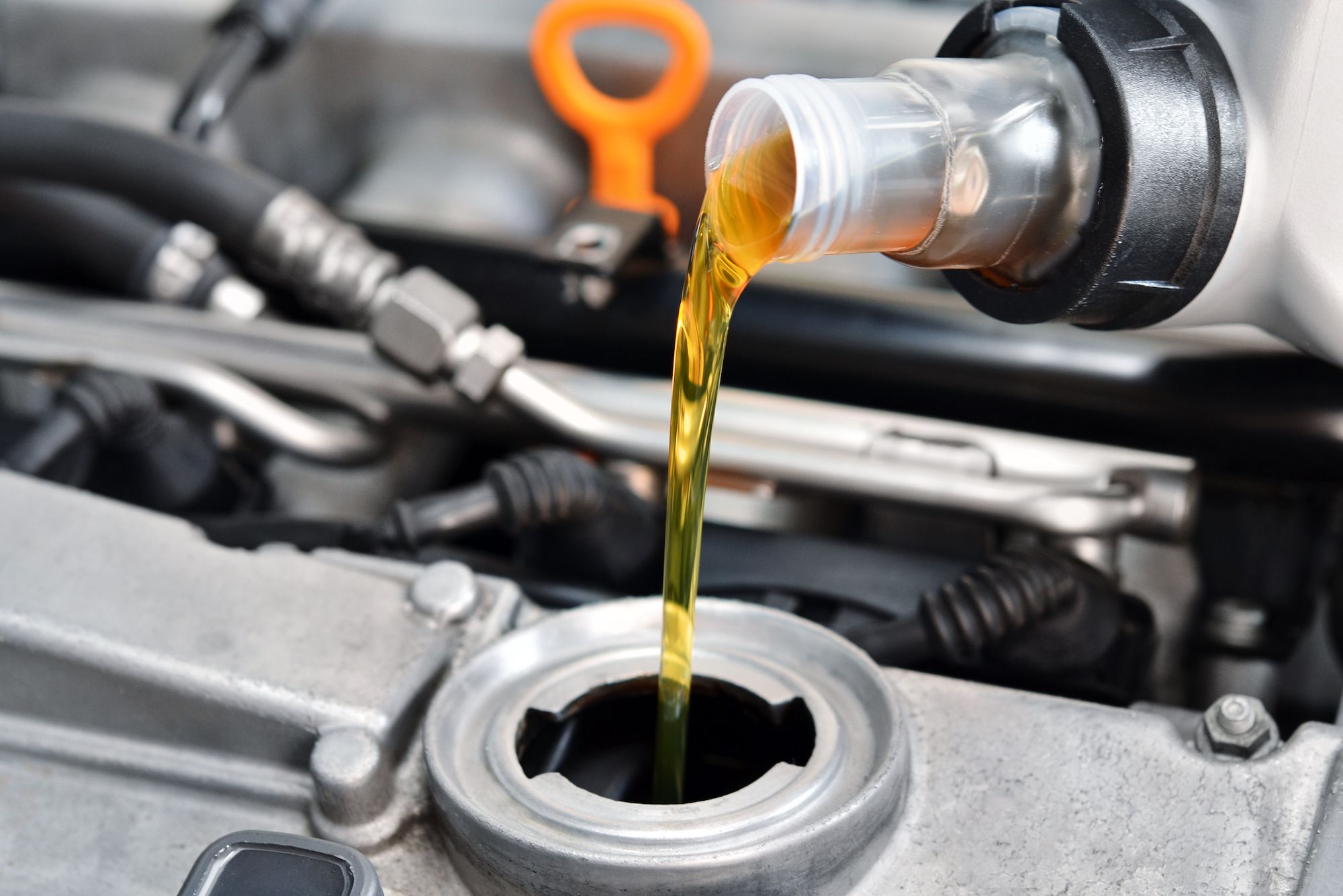All Categories
Featured

Recognizing the distinction in between regular maintenance and repair work is vital to guaranteeing your vehicle remains in top problem and operates successfully throughout its life. While both are vital for car maintenance, they offer different functions. Regular maintenance is about avoidance and recurring care, while repairs are required when something breaks or malfunctions. Here's an overview of what each requires and just how they vary.
Regular Maintenance: Stopping Future Issues. Regular upkeep includes the normal, scheduled services that keep your vehicle in excellent working order and prevent problems from developing. These tasks are created to ensure that all components of your vehicle remain to operate as they must and aid keep the car's dependability. Regular maintenance is normally laid out in your auto's proprietor guidebook, defining when to carry out certain jobs based on mileage or time periods.

Some instances of routine upkeep consist of:
Oil Changes: Oil lubricates the engine, ensuring it runs smoothly and effectively. Regular oil changes, usually every 3,000 to 5,000 miles, aid protect against engine wear and keep the car running efficiently. Tire Rotation and Harmonizing: Tire rotation aids level tire wear, while balancing makes sure smooth handling and enhances tire durability. This need to be done every 6,000 to 8,000 miles. Brake Inspections: Your vehicle's stopping system needs normal checks to ensure the pads are in excellent problem, the fluid levels suffice, and the blades are working well. Liquid Checks: Watching on vital liquids, consisting of transmission liquid, coolant, brake fluid, and power guiding fluid, helps keep the engine and various other systems operating efficiently. Air Filter Replacement: The engine air filter maintains dust and particles from getting in the engine. Changing it consistently assists maintain engine efficiency and fuel effectiveness. These maintenance tasks are preventive in nature, developed to extend the life of your automobile and decrease the threat of break downs. By performing normal maintenance, you can capture tiny concerns before they intensify into larger, a lot more expensive troubles.
Services: Fixing Problems That Occur. Fixings, on the other hand, are essential when a part of your vehicle stops working or breaks down. Unlike regular upkeep, which is concentrated on prevention, repair work are reactive measures taken when something breakdowns or wears out.

Examples of typical repairs consist of:
Transmission Issues: Problems such as slipping gears, problem moving, or odd sounds might signify a malfunction in the transmission, requiring repair work or substitute. Engine Repair works: If the engine is misfiring, overheating, or showing various other indications of trouble, it may require a repair service or substitute of specific parts like the ignition system, timing belt, or sensors. Brake Repairs: If your brakes are squealing, making grinding sounds, or stopping working to stop the automobile efficiently, you might need to replace brake blades, pads, or calipers. Battery Substitute: If the vehicle has difficulty starting or the battery caution light appears, it may be time to replace the battery. Suspension and Steering Fixings: If you experience uneven tire wear, a rough experience, or trouble steering, maybe an indicator that the suspension system or guiding components require repair. Repairs are normally more expensive than routine maintenance because they include dealing with problems that could influence the car's safety or performance. Depending on the intensity of the trouble, repair work might require specialized parts and labor.
Key Distinctions In Between Routine Maintenance and Repair Work. Purpose: Routine upkeep aims to avoid concerns and make certain that the car runs successfully. Repairs are necessary to repair issues that have actually already happened. Regularity: Upkeep tasks are executed on a regular timetable, while repairs are needed when certain issues arise suddenly. Cost: Regular maintenance is typically more economical, as it includes minor checks, adjustments, and component replacements. Fixings can be much more expensive due to labor and parts entailed in fixing damaged elements. Timing: Maintenance is predictable and prepared, whereas fixings occur when something fails, usually bring about even more urgent focus. The Relevance of Both Routine Repair And Maintenance. While routine maintenance is very important for reducing the need for repair work, fixings are often inescapable. Also the best-maintained automobiles can experience damage over time. It's necessary to be proactive with upkeep and address repair work immediately to ensure your cars and truck remains safe and reputable to drive.
By remaining on top of regular maintenance tasks, you can minimize the danger of needing costly fixings. Resolving them early can aid prevent more damages and guarantee that your car proceeds to carry out at its best. when repair work are needed.
Final thought. In summary, routine upkeep and repair services are both vital components of automobile care. Routine upkeep aids stop concerns and ensures your car is running smoothly, while repair services are required to fix problems that develop suddenly. By balancing normal maintenance with timely repair services, you can expand the life of your automobile and take pleasure in a much safer, more trusted driving experience.
Latest Posts
Transform Your Home with Top Quality Flooring Solutions
Published Apr 19, 25
1 min read
Professional Car Repair Services at Montclare Auto Repair - Fix Your Car Now!
Published Apr 19, 25
2 min read
Maximize Your Cost Savings with Love My Cooperative Credit Union Incentives
Published Apr 19, 25
1 min read
More
Latest Posts
Transform Your Home with Top Quality Flooring Solutions
Published Apr 19, 25
1 min read
Professional Car Repair Services at Montclare Auto Repair - Fix Your Car Now!
Published Apr 19, 25
2 min read
Maximize Your Cost Savings with Love My Cooperative Credit Union Incentives
Published Apr 19, 25
1 min read